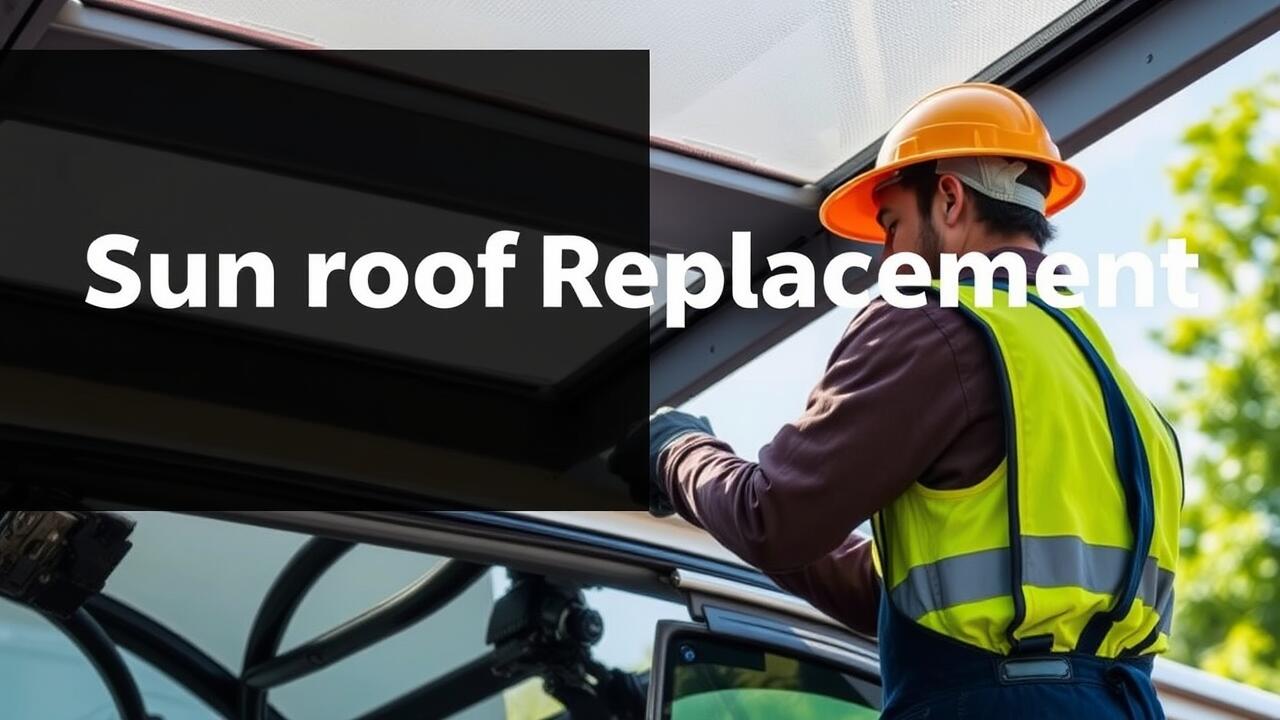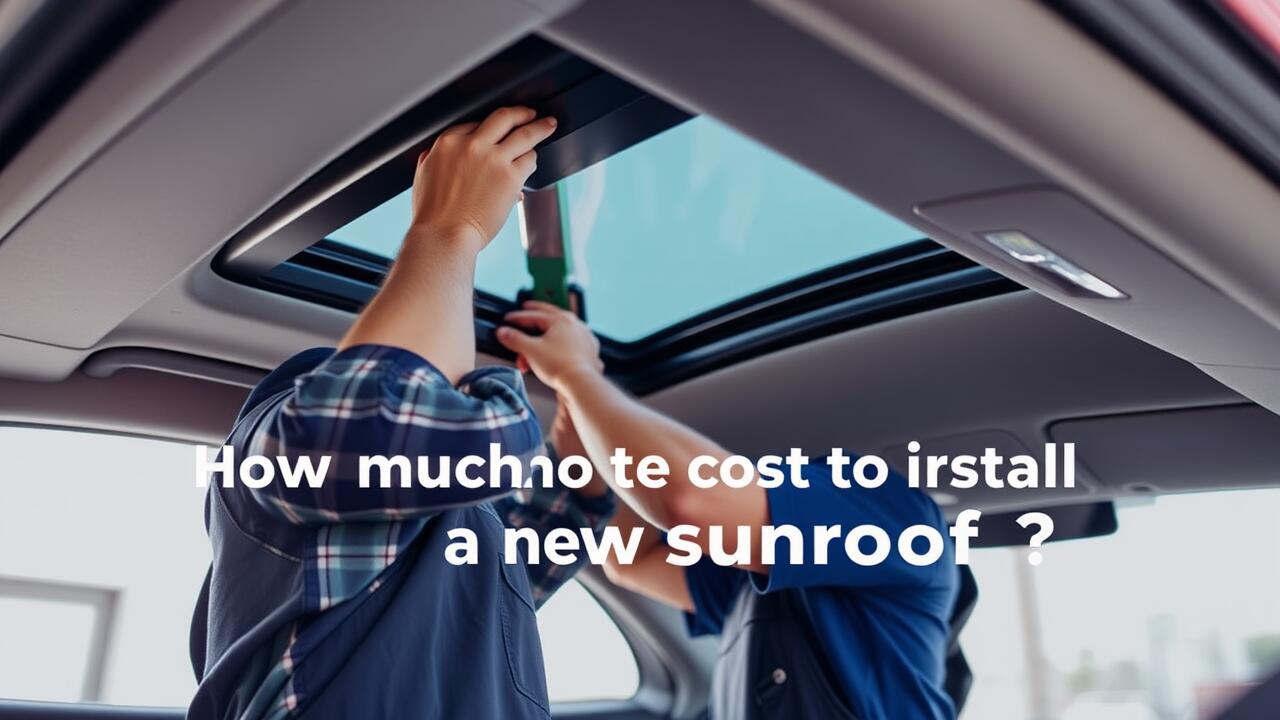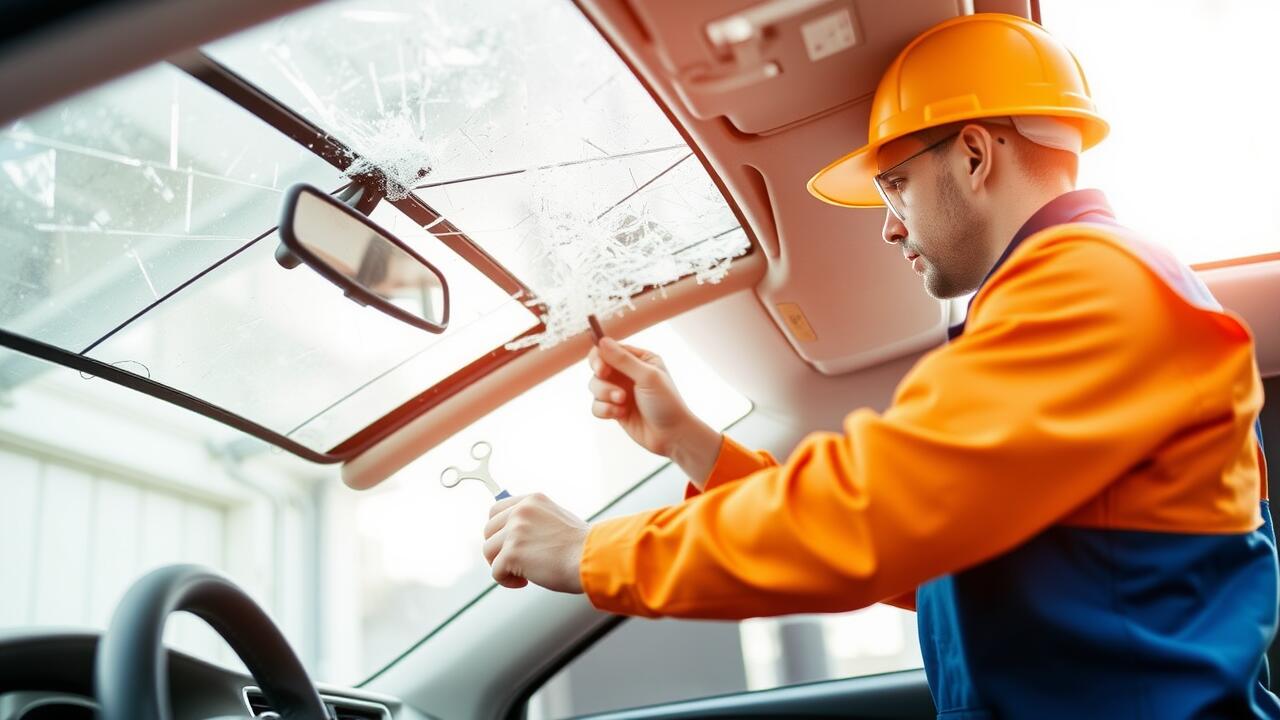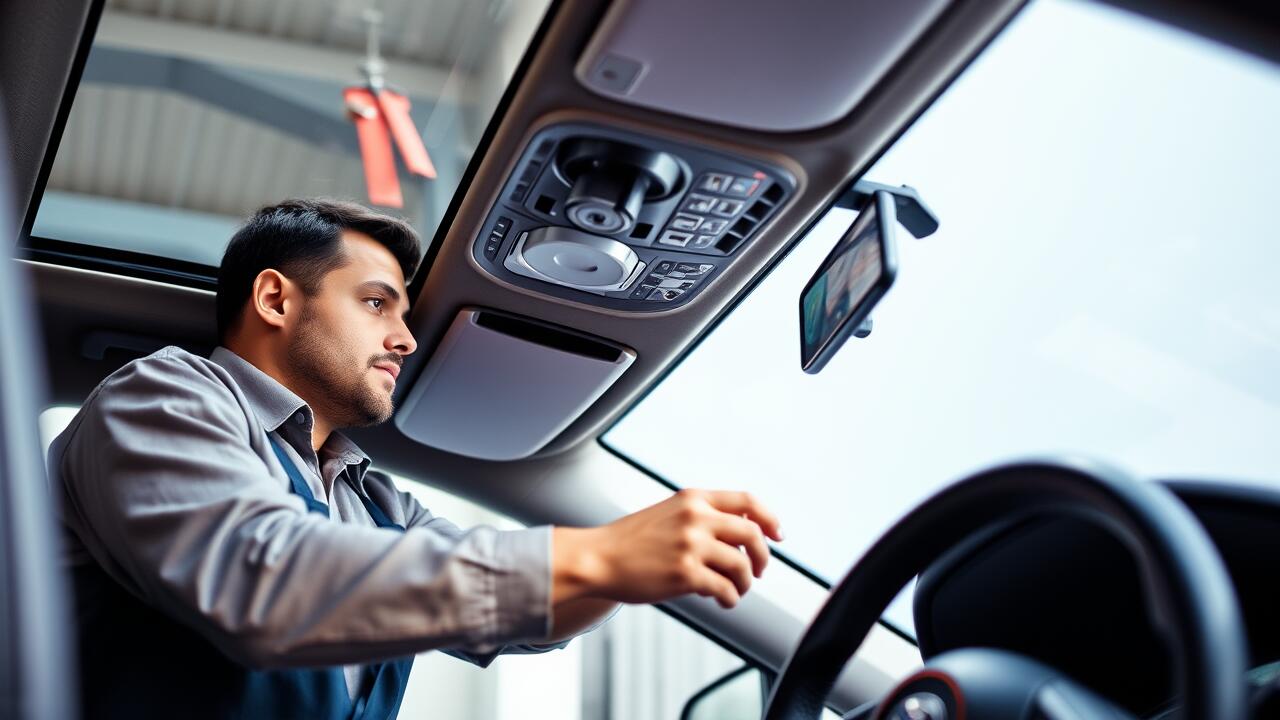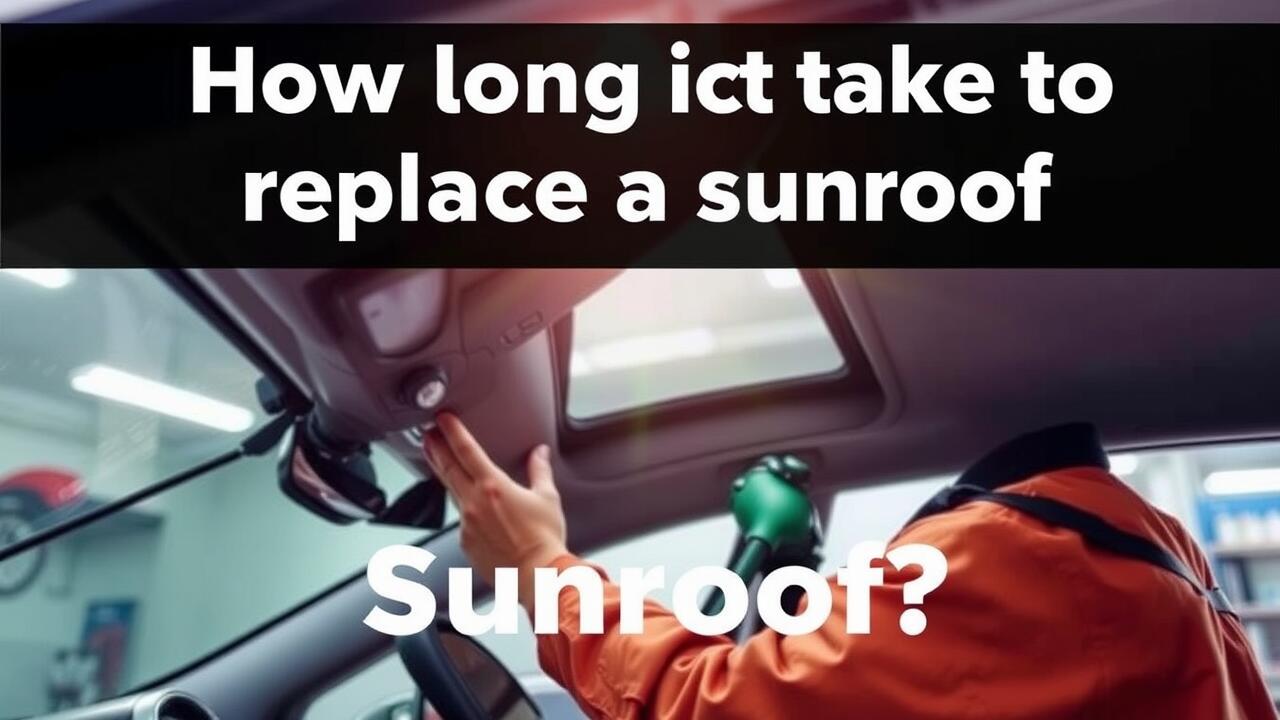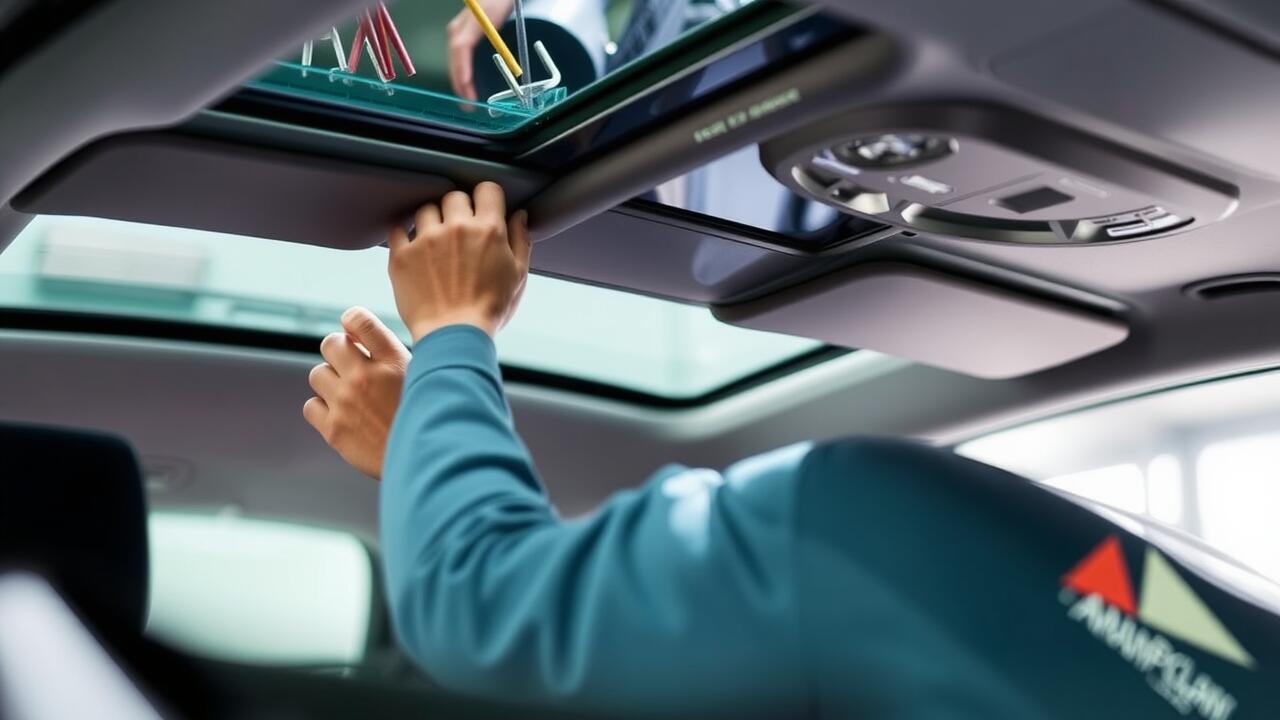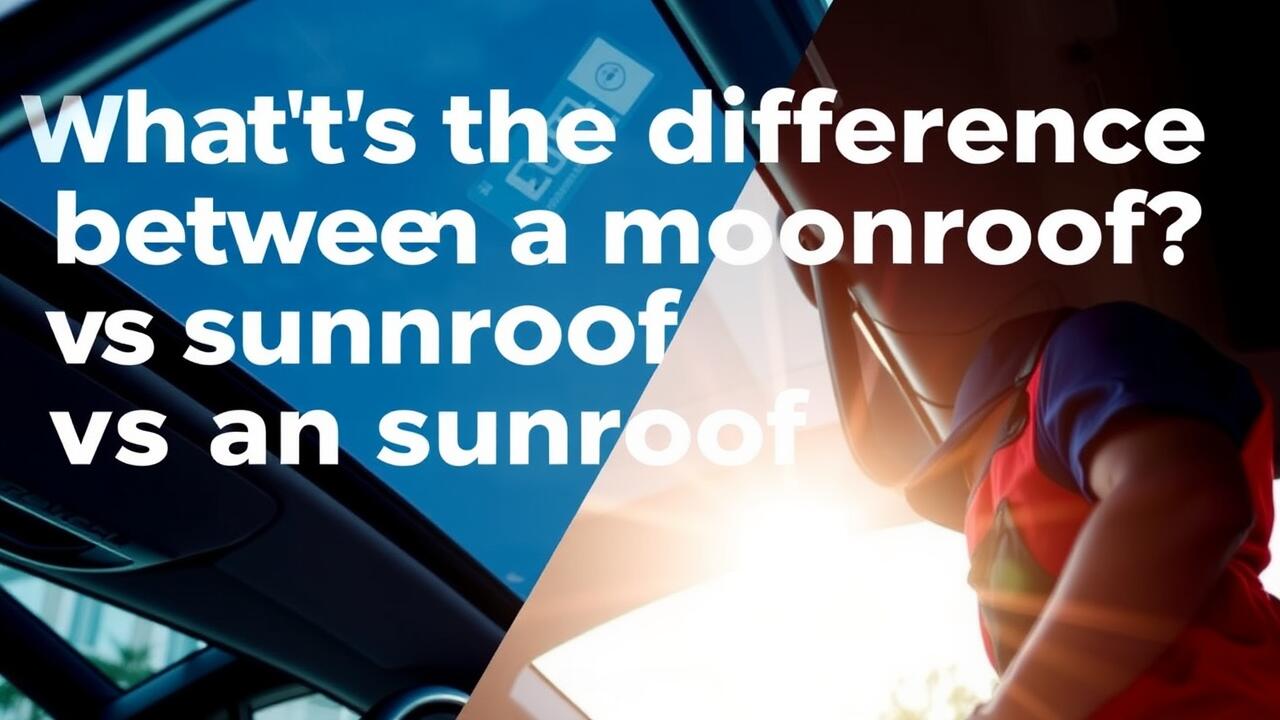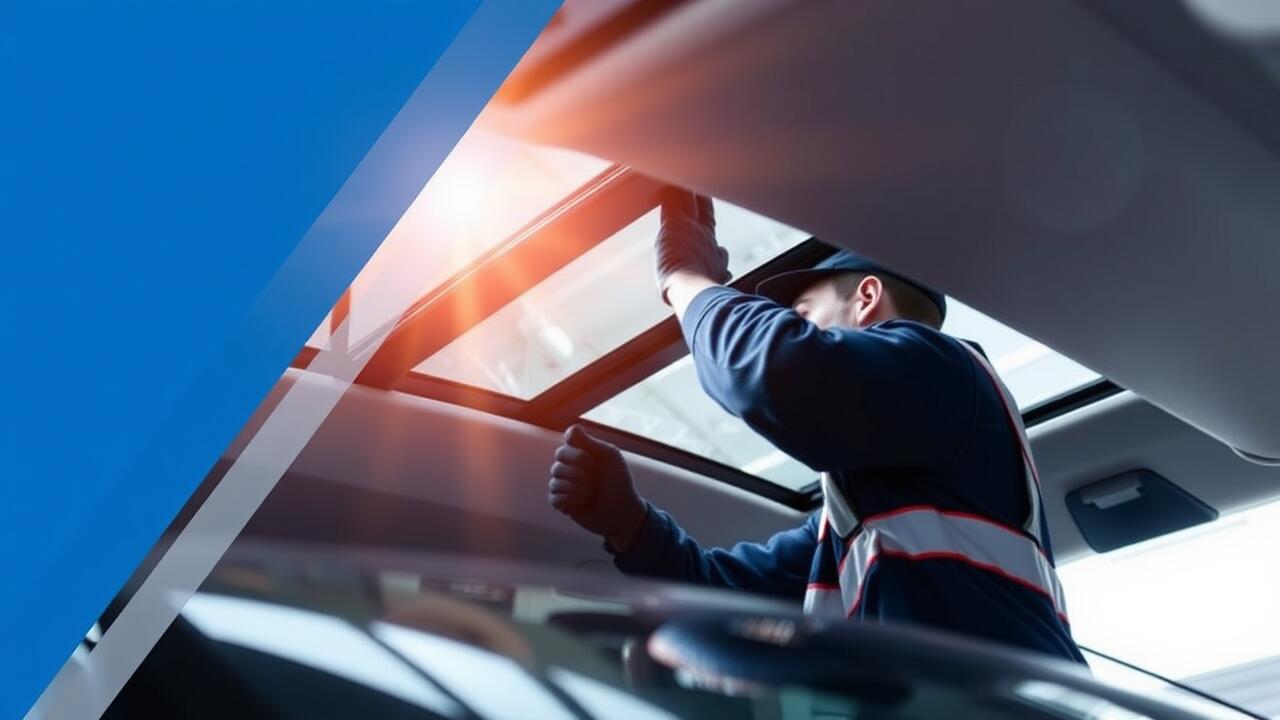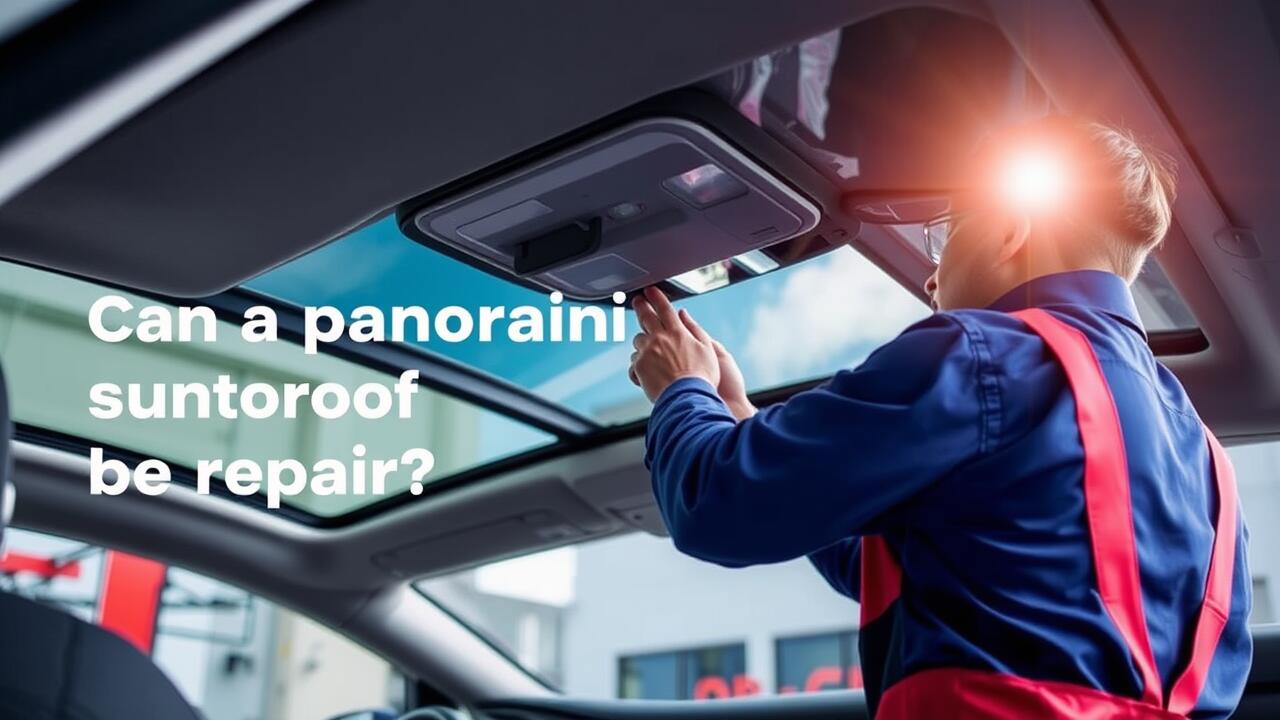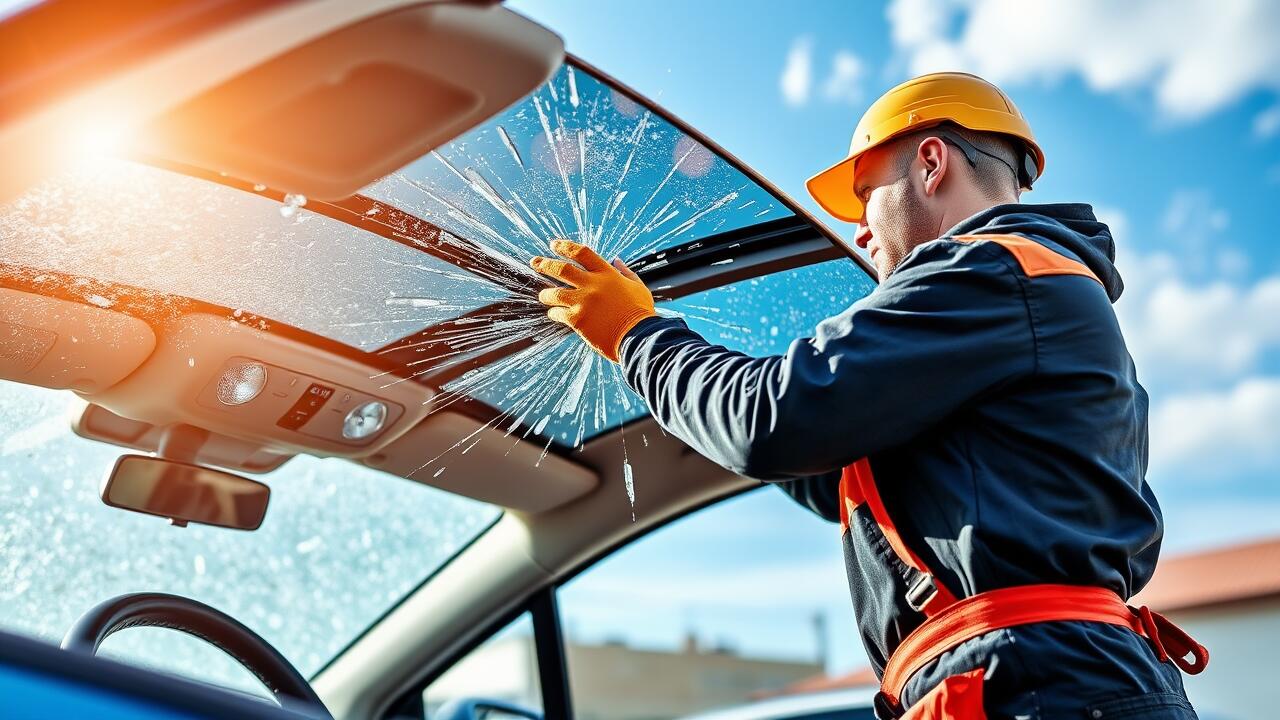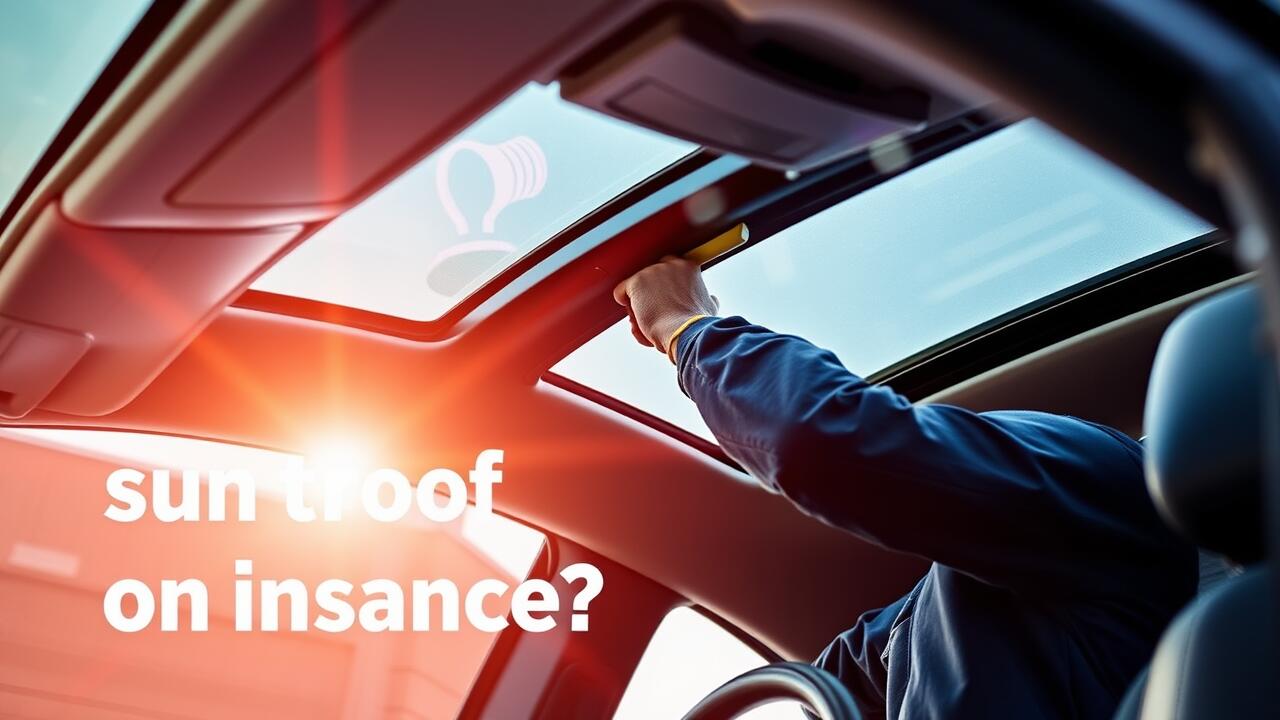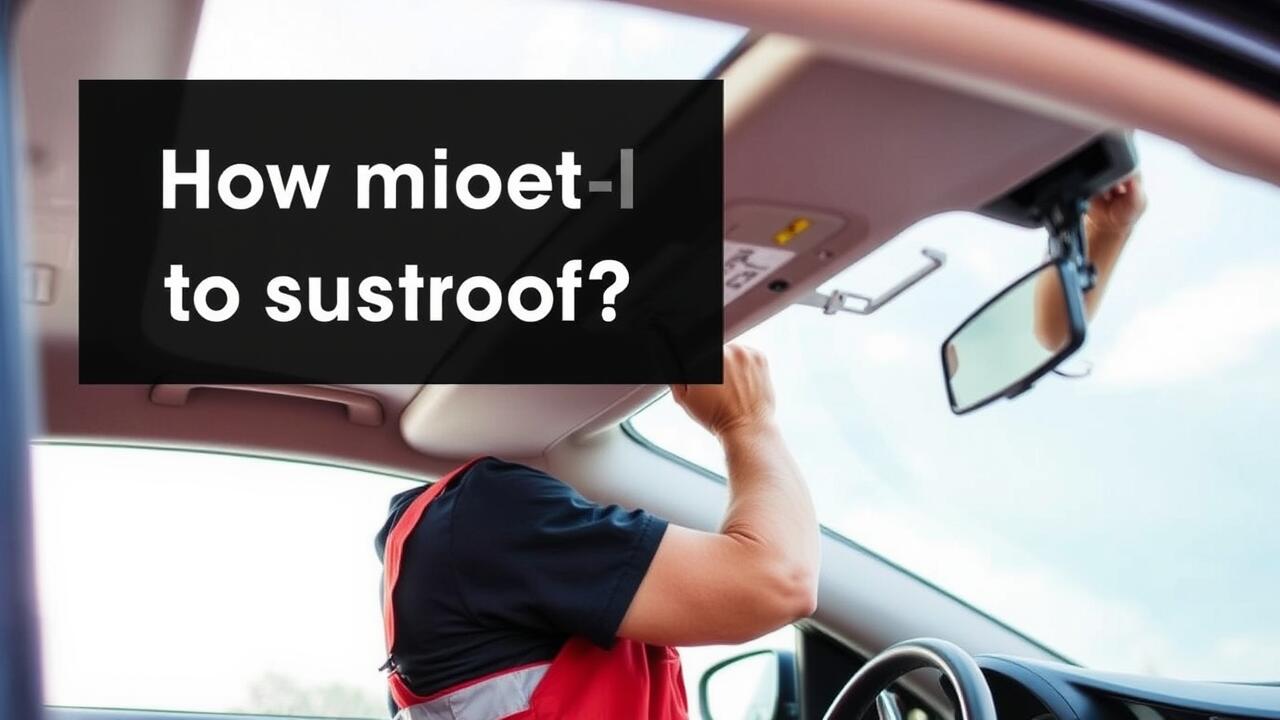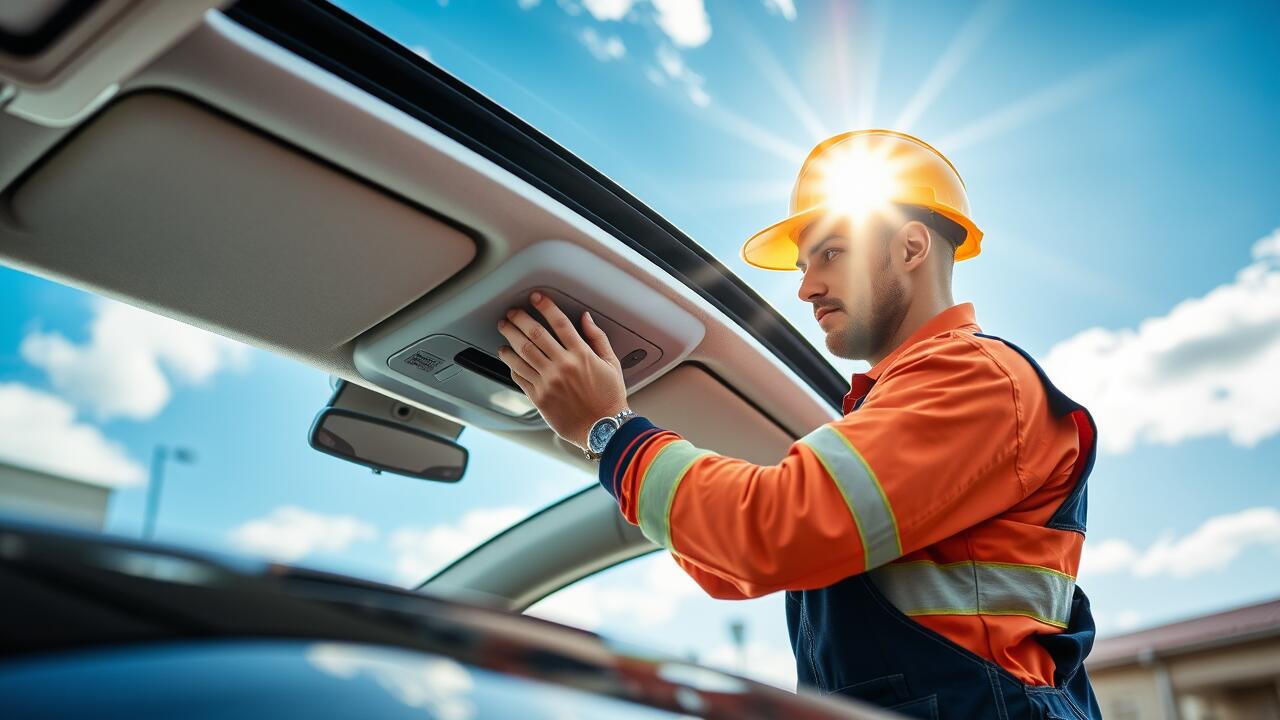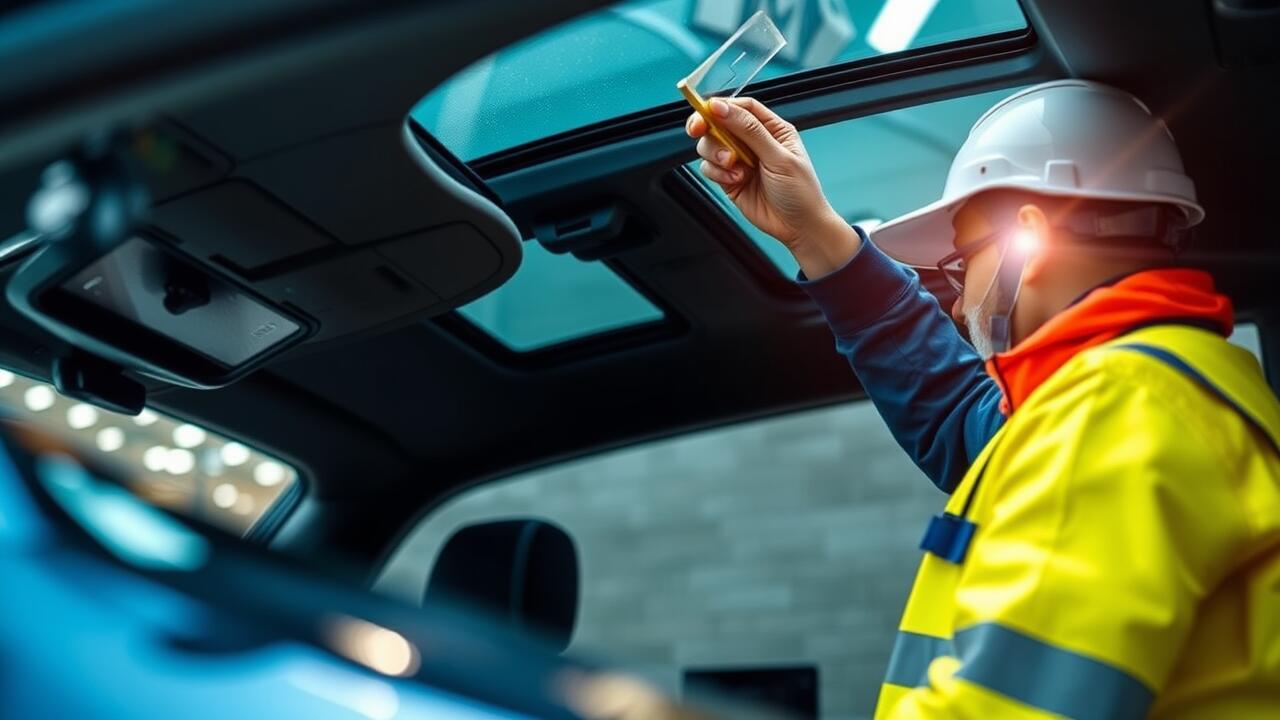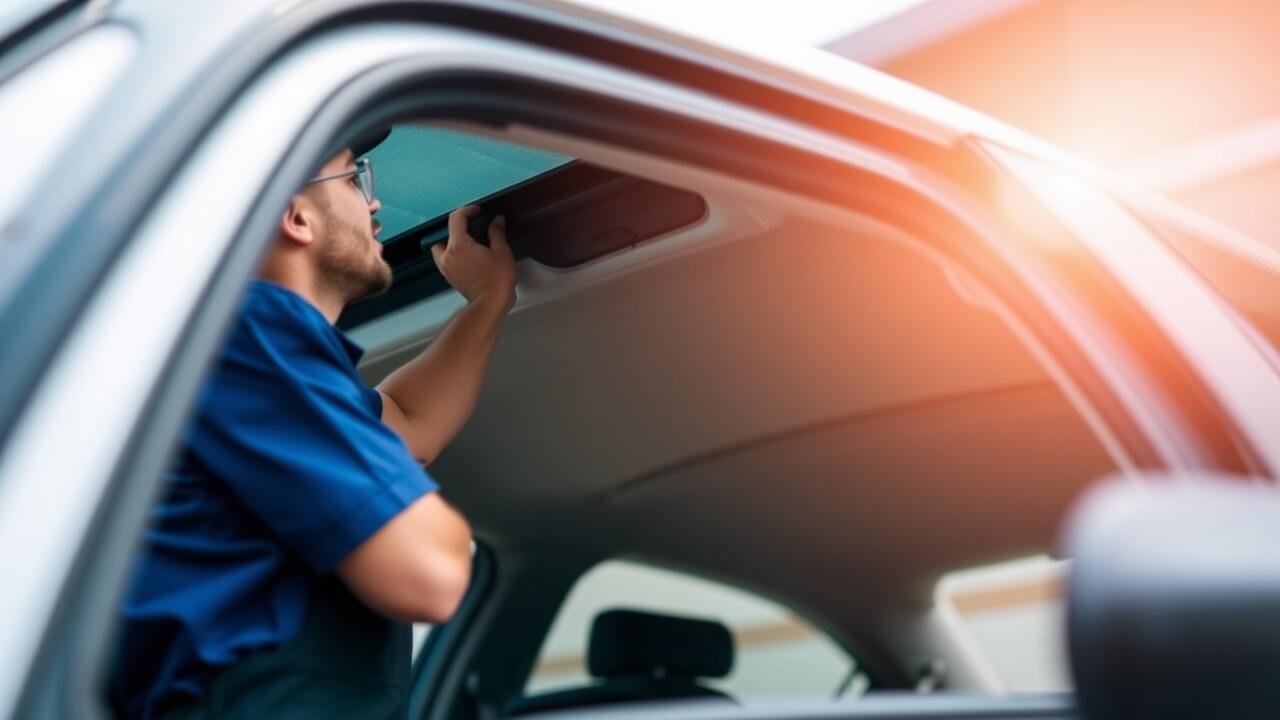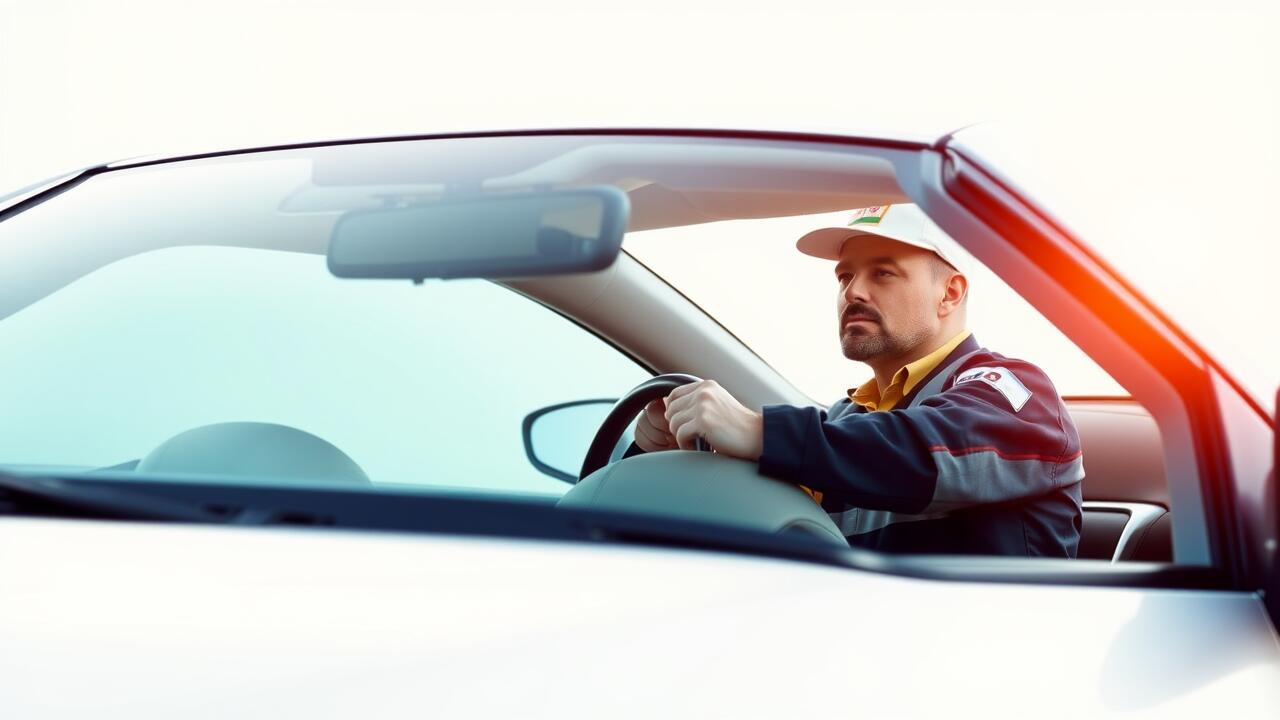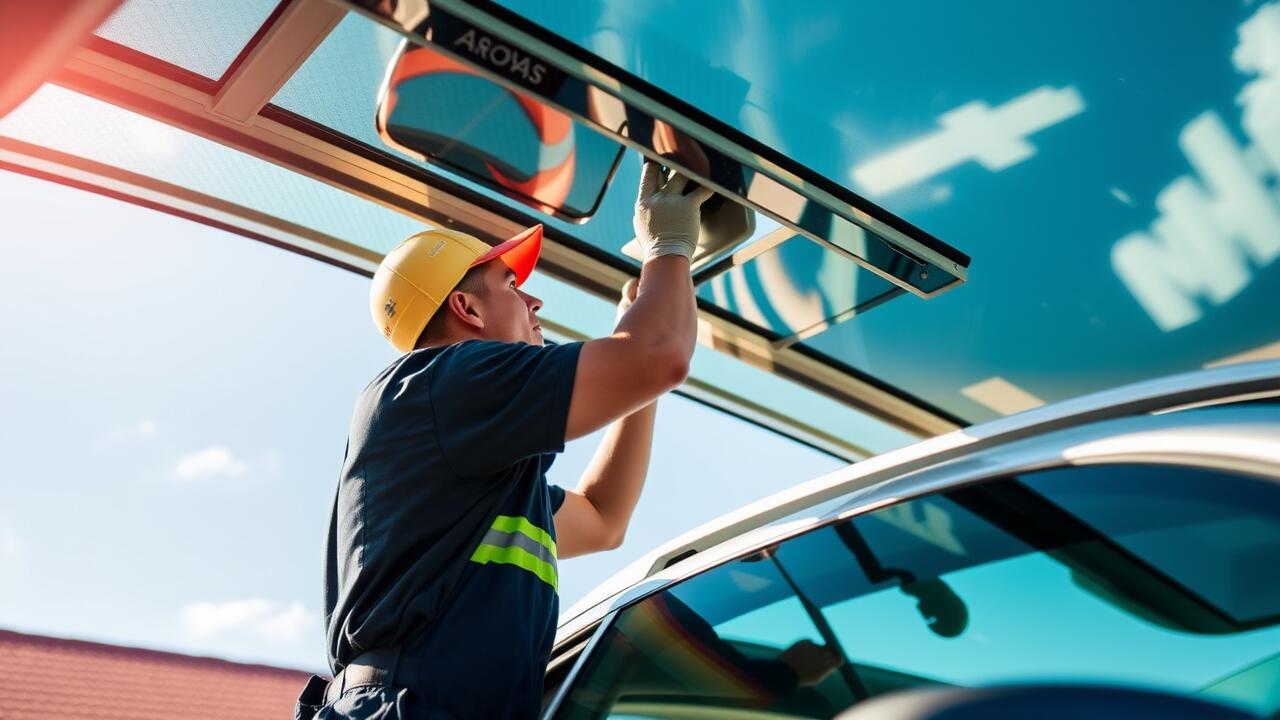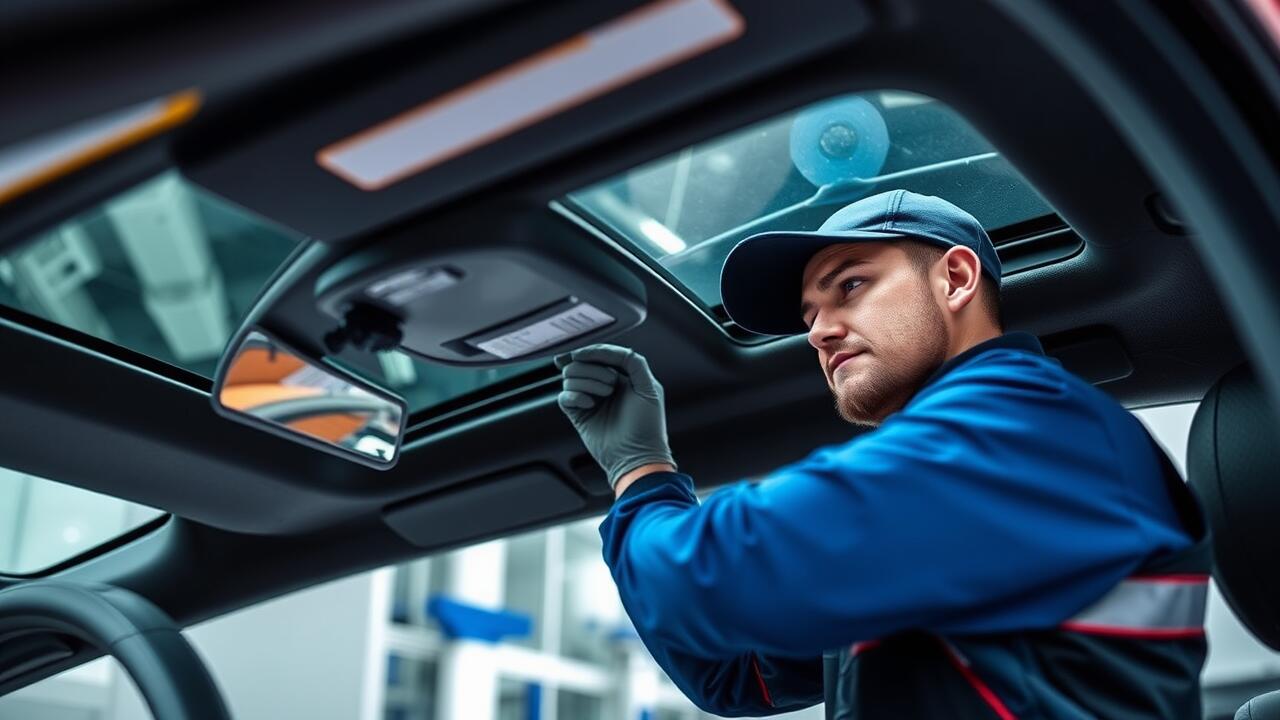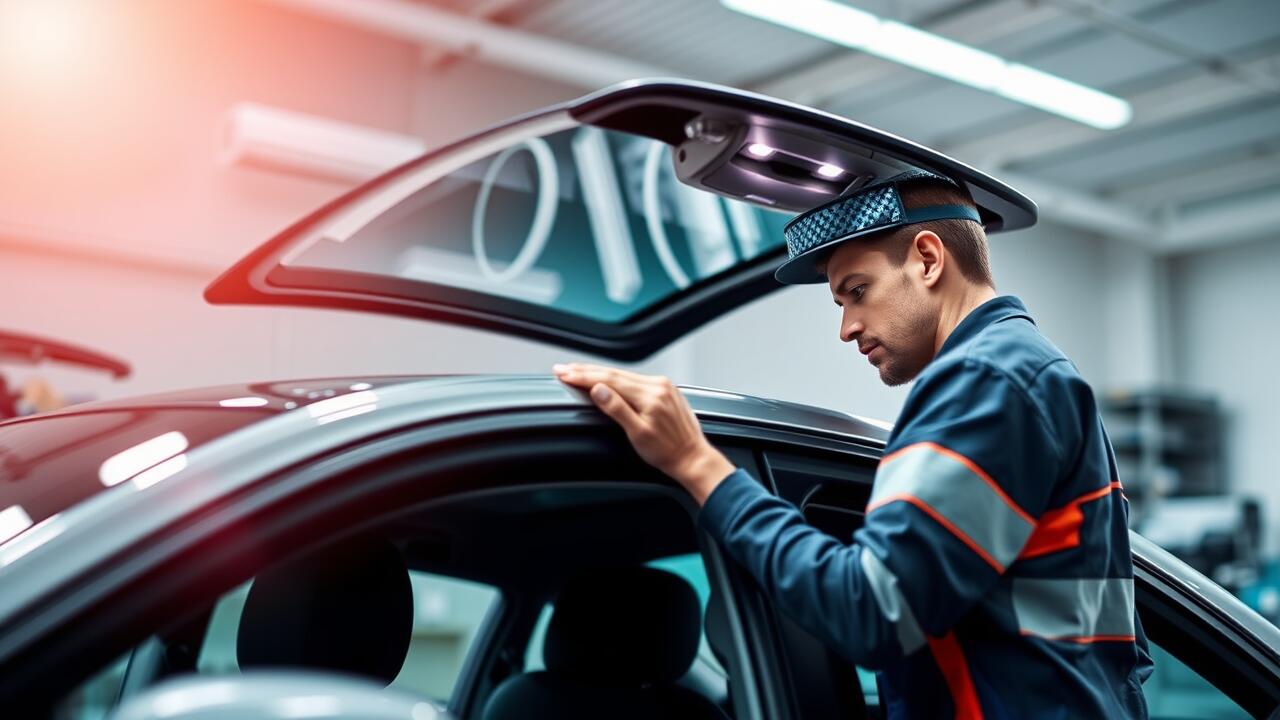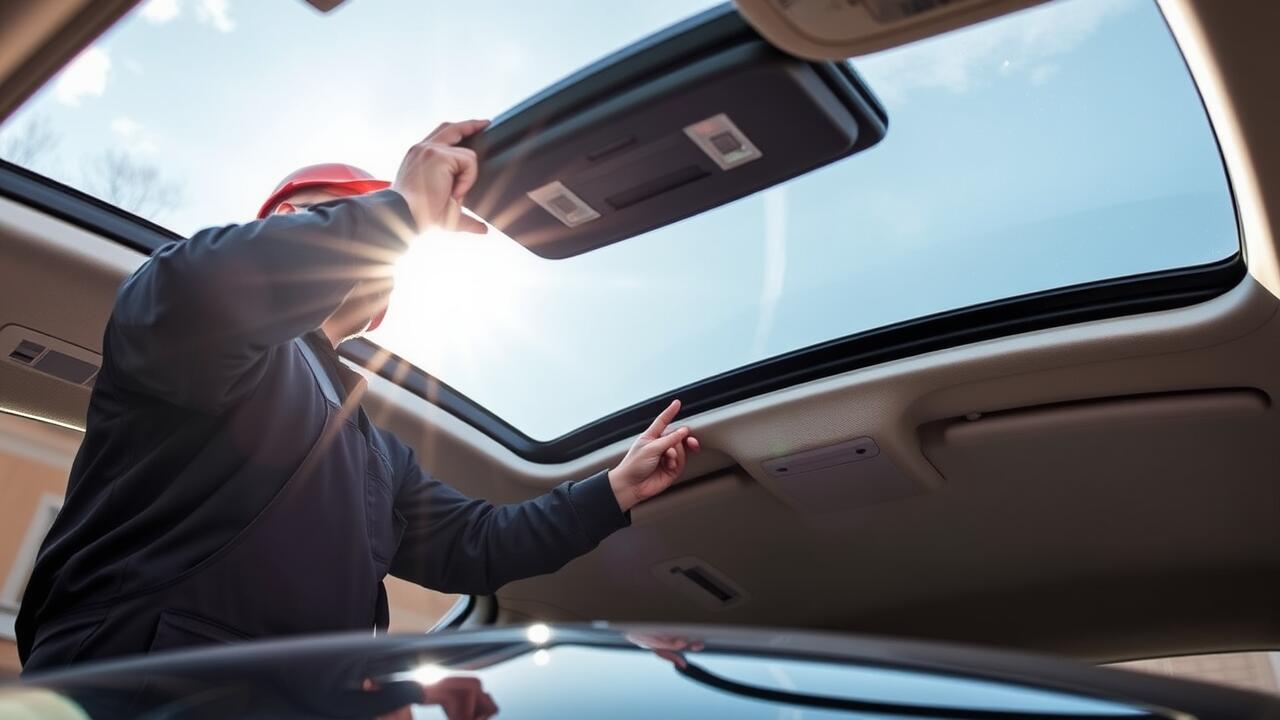
Table Of Contents
DIY Sunroof Installation Considerations
Installing a sunroof yourself can be a rewarding endeavour, but it requires careful consideration. Proper preparation is crucial before embarking on any modifications to your vehicle. You must ensure compatibility between the vehicle model and the sunroof kit. Understanding the structural elements of your car roof is also vital, as cutting through materials can compromise integrity if not done correctly. Planning for Sunroof Replacement involves assessing the potential for leaks, as any gaps can lead to water damage inside the vehicle.
The installation process demands both time and skill. Familiarity with tools such as drills, sealants, and chisels is essential. You may need to perform intricate tasks, including aligning the sunroof precisely and sealing edges to prevent leaks. Those without sufficient experience could encounter challenges, leading to unsatisfactory results. It is wise to weigh your capabilities against possible professional alternatives if you feel uncertain about executing Sunroof Replacement yourself. A poorly installed sunroof may result in increased repair costs down the line.
Find out further details by clicking here.
Tools and Skills Required for Self-Installation
Installing a sunroof requires a specific set of tools and a good grasp of automotive skills. Key tools include a power drill, a jigsaw or reciprocating saw, a screwdriver set, and various hand tools. Additionally, having a sealant applicator is essential for ensuring a watertight fit around the sunroof edges. An understanding of your vehicle’s interior structure is crucial to avoid damaging any existing components during the installation process. Without these tools and skills, attempting a sunroof replacement can lead to frustrating results and potential complications.
Besides the tools, certain skills are paramount for a successful self-installation. Basic mechanical aptitude is necessary, along with the ability to read and follow instructions meticulously. Familiarity with automotive electrical systems is beneficial, especially if the sunroof has electronic components. Knowledge in sealing and waterproofing techniques is vital to prevent leaks after the installation. Taking the time to assess your capacity in these areas will greatly influence the outcome of your sunroof replacement project.
Choosing the Right Installer
When selecting an installer for your sunroof replacement, it’s essential to consider their experience level and the specific services they provide. Look for specialists who have a proven track record with sunroof installations and replacements, as their expertise can significantly affect the quality of work. Reading customer reviews can offer insights into their reliability and customer satisfaction. A well-established installer will not only have the necessary skills but also be familiar with the particularities of different sunroof types.
Additionally, assess the installation company’s reputation within the community. A reputable installer should be willing to provide references or examples of previous work, showcasing successful sunroof replacements. It’s also beneficial to check their affiliations with professional organisations, which can indicate a commitment to industry standards. Taking the time to choose the right installer will not only ensure a proper fit but also enhance the longevity and functionality of your new sunroof.
Evaluating Experience and Reputation
When considering a sunroof installation, the experience and reputation of the installer are crucial factors. An experienced technician will be familiar with the various types of sunroofs and the specific needs for different vehicle models. This expertise often translates to a smoother installation process and a higher likelihood of avoiding future issues. Checking online reviews and ratings can provide valuable insights into the installer's track record, especially regarding sunroof replacement services.
It's also important to seek recommendations from friends or family who have had sunroofs installed or replaced. Personal referrals can lead to finding a trustworthy installer with a solid reputation. In addition to experience, consider how long the installer has been in business, as a longstanding presence in the industry often indicates reliability and quality work. An installer with a positive reputation is more likely to be committed to ensuring customer satisfaction during and after the sunroof replacement.
Warranty and Maintenance Costs
When considering a sunroof installation, understanding warranty and maintenance costs is crucial. Typically, a warranty for a newly installed sunroof can cover defects in materials and workmanship for a specific period. It is essential to read the fine print, as some warranties may have exclusions, while others might require professional installation to remain valid. Additionally, if problems arise after installation, they may not be covered under warranty. Thus, selecting a quality installer can be just as important as the sunroof itself.
Maintenance costs can also play a significant role in the overall expense of owning a sunroof. Regular upkeep, such as cleaning and lubricating the tracks, helps prevent issues that might lead to costly repairs or even a sunroof replacement. Depending on the type of sunroof, certain components may wear out, necessitating periodic inspections or services by professionals. Awareness of these maintenance needs can extend the life of the sunroof and help avoid unexpected costs down the line.
Understanding Coverage on Installed Sunroofs
When installing a sunroof, understanding the warranty coverage is essential for future peace of mind. Typically, most manufacturers offer warranties on both the sunroof and the installation process. These warranties often cover defects in materials and workmanship, ensuring that any issues that arise within a specified timeframe will be addressed without additional cost to the owner. However, it is crucial to read the fine print; some warranties may require regular maintenance checks or specific care protocols to remain valid.
In instances where a sunroof may need replacement or repairs, having a solid understanding of the warranty coverage can save significant costs. If the warranty remains active, it could potentially cover the expenses involved in sunroof replacement if something goes wrong. This aspect becomes especially important for those who live in areas prone to adverse weather conditions that can affect the sunroof's functionality. Making sure to have all relevant documentation and maintenance records on hand will help in navigating the warranty process smoothly.
FAQS
How much does it typically cost to install a sunroof?
The cost of installing a sunroof can vary widely depending on the type of sunroof, with prices ranging from approximately $600 to $2,500 or more, including parts and labour.
Is it cheaper to install a sunroof myself?
Yes, a DIY installation can save you money on labour costs, but it requires having the right tools and skills. However, improper installation may lead to additional costs for repairs or leaks.
What factors can influence the total cost of sunroof installation?
Factors that can influence the total cost include the type of sunroof chosen, the complexity of the installation, the vehicle make and model, and whether you choose a professional installer or opt for a DIY approach.
How can I find a reputable installer for my sunroof?
To find a reputable installer, look for reviews and testimonials online, ask for recommendations from friends or family, and check the installer’s experience and any accreditation they may have.
Are there any warranties available for installed sunroofs?
Yes, many sunroof manufacturers offer warranties that cover defects in materials and workmanship, while some installers may offer additional warranties for their installation services. Always check the specifics of what is covered.
